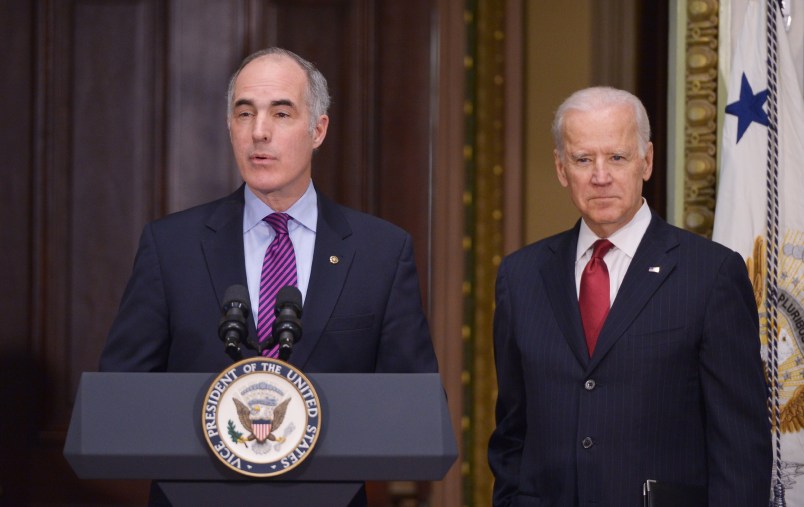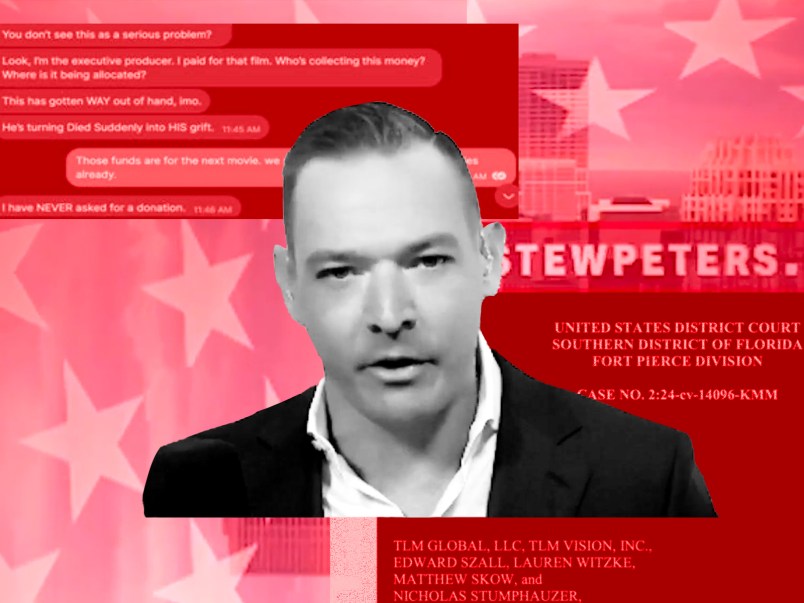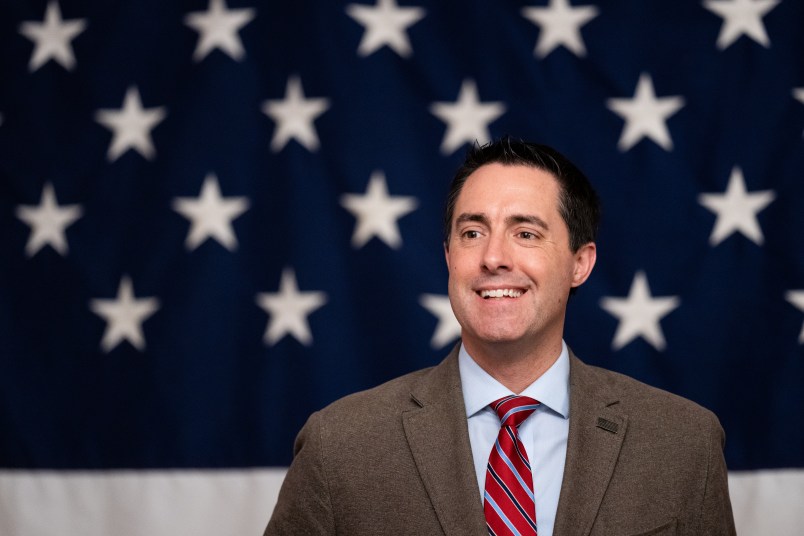The Third Circuit Court of Appeals will not rehear an election case out of Pennsylvania, leaving voting rights lawyers to pick between dwindling options to prevent mail-in ballots from being tossed out during a critical election.
The fight centers on the date voters must write on the outer envelope holding the ballot; if it’s wrong or missing, the ballot goes uncounted. It’s a steep penalty given the reality that none of the parties involved in the case asserts that those dates are actually used for anything.
“People are gonna have their votes not counted under this ruling for totally immaterial reasons, like writing 2023 instead of 2024,” Ari Savitzky, lead attorney on the case for the American Civil Liberties Union (ACLU), which is representing individual voters and a group of state civil and voting rights groups, told TPM. “Filling out the date on this form has nothing to do with anything.”
There’s a political valence here too. National Democratic organizations are supporting the voting rights groups and Republican ones, fighting to nix the ballots, intervened to join the election boards. Democratic voters are overwhelmingly more likely to vote by mail in Pennsylvania.
That partisan lean, plus Pennsylvania’s status as a swing state often decided by slim margins, contributes to a dynamic where Republican-aligned groups often contest various groupings of mail-in ballots. This was particularly stark in 2020, as Donald Trump tried to overturn the election results in key states.
A Third Circuit panel had ruled 2-1 against the voting rights groups late last month. The majority found that the date requirement did not violate the Materiality Provision of the Civil Rights Act, meant to bar states from using trivial mistakes or omissions to disenfranchise people. Southern states habitually used such errors as pretext to keep Black people from voting, prompting Congress to draft the provision.
Despite the admitted uselessness of the envelope date, the majority found that the Materiality Provision only applied to questions that determine whether a person is qualified to vote in the first place, and cannot gird against state-level requirements in casting the ballot.
By that logic, Savitzky said, “states in the Jim Crow South that Congress was so worried about would say ‘okay, you can register, now go to the poll and here’s a ballot application form’ — that’s exactly what Congress didn’t want.”
“It’s not good textualism and not good history,” he added.
Savitzky and his team now have to decide how to proceed: They can appeal the ruling to the Supreme Court, or drop back down to the trial court level where they have a still-live constitutional claim under the Equal Protection Clause. The trial court judge didn’t initially reach a decision on the Equal Protection piece, ruling that the Materiality Provision was enough to give the voting rights groups the win.
Both paths hold risks. Savitzky declined to confirm next steps to TPM, saying that the team is considering its options.
The Supreme Court sporadically applies the Purcell principle, the idea that states shouldn’t change voting rules close to an election due to both voter confusion and election administrator burden. The Court has been all over the map in terms of what constitutes “too close” to an election.
Still, as Savitzky pointed out, this case isn’t a great fit for Purcell: People will have already voted; it would actually remove a burden from election administrators if they didn’t have to check the dates.
“This is not changing district lines,” he said. “The purported considerations when thinking about Purcell just don’t apply in this specific scenario.”
If the voting rights groups decide that the Equal Protection claim is the stronger case at this point — perhaps wrapped with a First Amendment claim that’s percolating in a parallel case on the same issue — speed becomes a real concern. While the trial court may be teed up to act quickly, given that it’s already seen and considered the claim to some degree, the litigation will have to proceed at an emergency pace to be settled before the election. Squeezing in the full gamut of the appellate process before the election, Savitzky admitted, is a “tougher question.”
In the meantime, election administrators in the commonwealth have tried to save voters from their own costly mistakes by redesigning the ballot envelopes. Some voters still made date errors though, resulting in the loss of their vote in this past primary, according to an Associated Press report.
While the number of ballots tossed for date issues are relatively few, margins matter in battleground Pennsylvania, a state without which it’s hard to see either President Joe Biden or Trump winning the election.
Throughout various elections, “we’ve seen half a percent to one percent of mail ballots thrown out, which adds up,” Savitzky said. “Across the state, that’s thousands of people. In a big turnout election, that could potentially be tens of thousands.”










